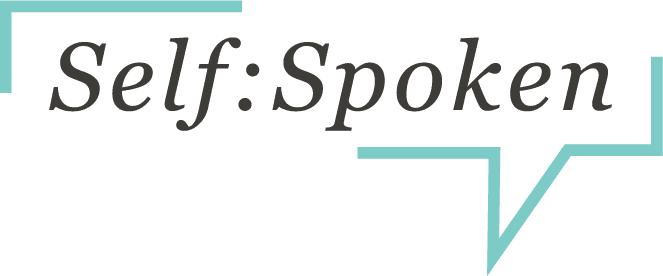Palms slick with sweat. Heart beating in your throat. Thoughtsracing, pulling you down into a spiral: “Why am I nervous? I’ve prepared for this, and I know what I’m talking about…”
You tell yourself to relax, but that just makes you MORE anxious.
So what the heck is goin’ on here? And what can you do to calm your nervous system so that you feel more present, and can put your best foot forward?
Have no fear, it’s just your limbic brain at work.
First, just know this is oh-so-normal. We’ve all been there! Your limbic system is like an internal fire alarm. It was built to protect you from danger, so it’s just doing its job by eliciting fear when it senses a scary situation.
But let’s be real, asking for a raise or giving a presentation over Zoom isn’t exactly life-threatening (even though it may feel like it sometimes!).
So how do you give your limbic brain the “thanks, but no thanks” memo? Let’s dig into it.
The good news is you *can* learn to center yourself under pressure, as long as you know this one little trick.
How to calm nerves quickly: flip your focus OUTWARD.

Stop trying to put yourself at ease and start putting OTHERS at ease.
Think about it for a sec. How awesome does it feel when you’re talking to someone and you can tell they genuinely want YOU to feel comfortable? Not only do you automatically feel more at ease, but you also assume that they feel relaxed and comfortable in their own skin, too.
Imagine if you could do that for others: make them feel instantly at ease and comfortable. Well here’s the good news: you totally can! Even when you’re nervous. All you have to do is flip your focus to putting whoever you’re talking to at ease, and you’ll feel more at ease yourself.
When you come from a place of empathy and genuine care for your audience, you’ll both feel more relaxed and connected. It’s really as simple as that!
How to calm nerves: why flipping your focus is so effective
Let me hit you with some science!
By grounding yourself in the present moment and aiming to make others around you more comfortable, you’re…
✔️ giving your limbic brain a job it can actually understand while breaking the feedback loop of your internal freak-out.
✔️ changing your emotions by changing the focus of your thoughts (the main tenet of cognitive-behavioral therapy).
✔️ reinforcing the intention to calm down, without getting into a power struggle with your own emotions.
Quick pro tips for putting your audience at ease
Beyond initially flipping your focus, how can you make your audience feel comfortable in the heat of your anxiety-inducing moment? Here are 3 easy-breezy tips you can use right now to help others feel more relaxed:
Speak slowly and pause purposefully when you feel unsettled—it will tell your audience that you feel calm and confident (and soon enough you will!).
Don’t freak out if/when you lose your train of thought. Stay engaged and trust that you’ll find your place again.
Speak more succinctly by coming prepared to intimidating situations: know your what, so what, and now what.
Ready to put today’s insight into action? What’s one stressful situation where you could try flipping the focus in your own life? You know I’m all ears, drop a comment below and let me know!
Want more tips on how to manage nervousness and communicate with more authentic confidence? Join my E-Tribe today!
Whether online or in-person, could you use more free tips on how to elevate your speaking skills and present yourself more accurately on the spot?
Sign up for a free copy of my Presence Playbook—full of practical, easy-button tricks for dialing down self-consciousness and communicating with more authentic self-confidence.
And no matter where you are in your journey, just keep showing up as the you, you most wanna be.
One intention, one interaction at a time.
Love,


How to Be More Direct (And Stop Abandoning Yourself)
On a recent coaching call, someone raised the question of how to be more direct in your communication without making others uncomfortable… The truth?…
Before we jump into today’s blog post, make sure to download the FREE companion worksheet, 2022: Reflect & Reset. It’ll take you through each…
Have you ever wanted to improve your communication skills and day-to-day speaking confidence, but the advice you found online or in self-help books just……



